COVID-19 and the Impact on Payment Solutions in Emerging Markets
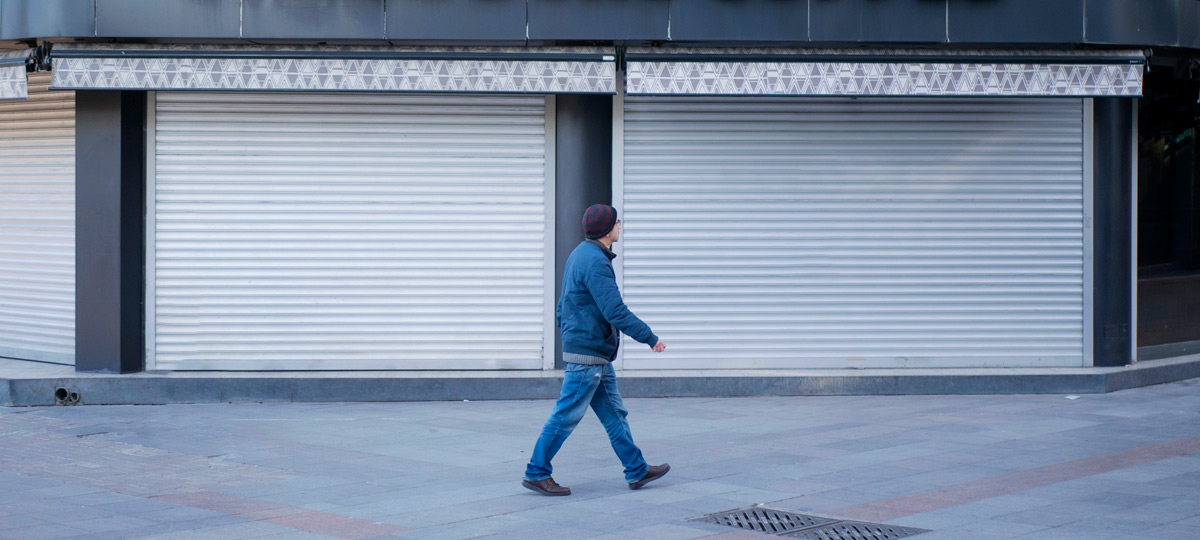
Emerging markets, like many mature markets, are taking severe measures in their attempt to slow down the spread of COVID-19: schools are closed, events canceled, and public transport is limited to a minimum. Argentina has imposed a nationwide lockdown, marking one of the strictest measures taken by any Latin American nation. So did countries in other regions, like India and South Africa.
How does COVID-19 affect the payment ecosystem?
Global internet traffic experienced an increase of more than 50% in the last weeks due to the coronavirus pandemic, says Akamai. Dilip Asbe, CEO of the National Payments Corporation of India (NPCI) said: “We urge all service providers of essential services and consumers to switch to digital payments methods to stay protected.”
In emerging markets, where cash payments represent close to 15% of the online shopping payments, the total lockdown of the country is a major burden for both retailers and shoppers, as paying with cash requires consumers to pay at a physical store.
Argentina’s lockdown, for example, includes most of the physical cash-payments stores, such as RapiPago and PagoFacil. Therefore, dlocal has adapted the flow for those affected payment methods, proactively offering the users an alternative to complete the payment with cards.
A similar solution was applied in Chile, where the cash-payment store Servipag is under closure. In order to help raise the conversion, payment options temporarily changed their order: cash payments, the most popular form of payment, had to give way to card payments or bank transfer.
Kenya’s largest teleco, Safaricom, implemented a fee-waiver on East Africa’s leading mobile-money product, M-Pesa, to encourage users to reduce the physical exchange of currency in response to COVID-19.
In Nigeria, the government shutdown is forcing banks to direct their users to alternative cashless payment methods, highlighting internet and telephone banking as well USSD payment method (paying bills through your phone by dialing specific shortcodes).
The National Payments Corporation of India has run the campaign #IndiaPaySafe over the past few days encouraging people to make digital payments, urging users to make UPI (unified payment interface) payments. UPI payments allow users to transfer money on a real-time basis, across multiple bank accounts.
Adapting to a new reality
“It is not the strongest that survives; but the one that is able to adapt to and adjust best to the changing environment”: World Wars, Great Depression or even Industrial Revolutions have forced the economy more than once to change core businesses and adapt to a new reality, regardless of prohibitions, evolutions or social demands. BMW, for instance, survived making pots and pans instead of aircraft engines after World War II.
Early birds across all industries are adapting, redefining and adjusting to the upcoming challenges of COVID-19: The French luxury line Louis Vuitton will use its perfume production lines to start making hand sanitizers. And commercial airlines, who have already lost 90% of their passenger traffic, are converting flights for cargo transportation





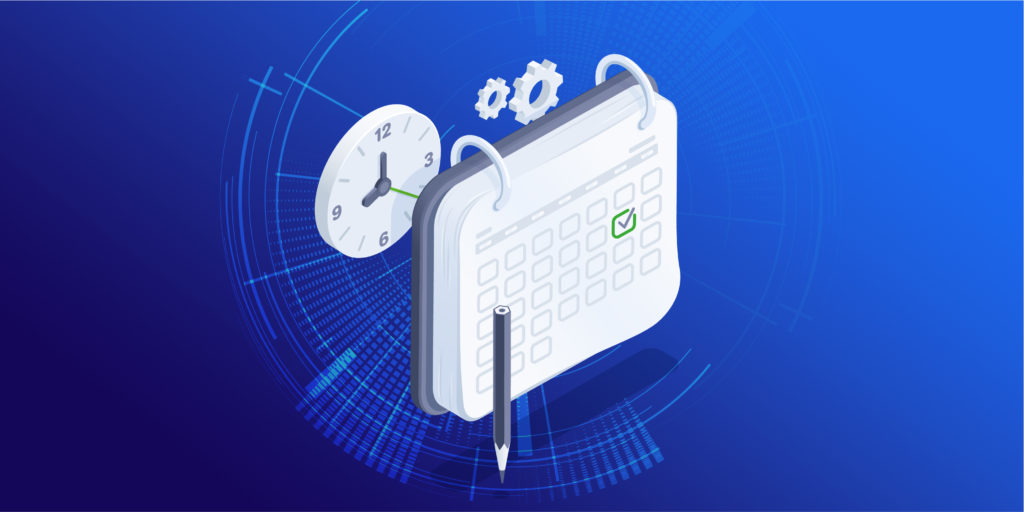
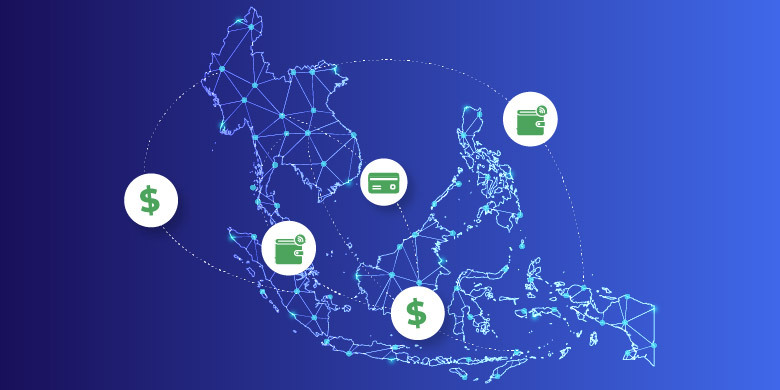
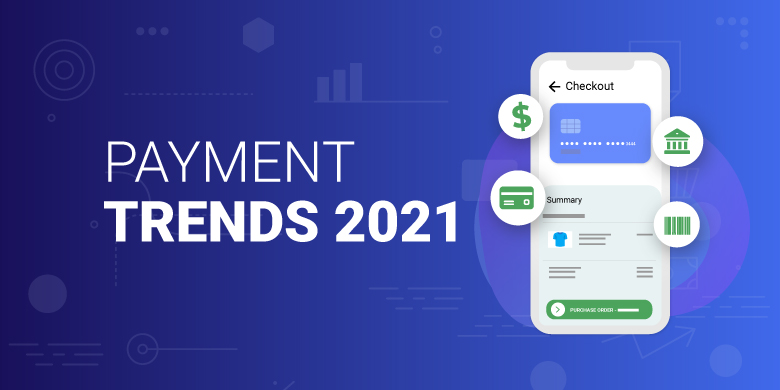
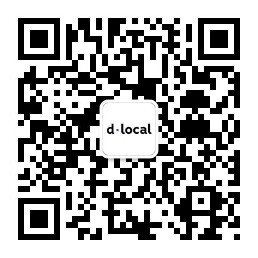
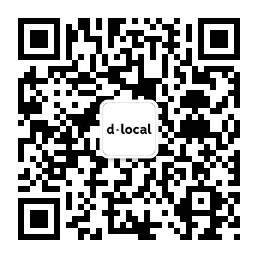
Comments are closed.